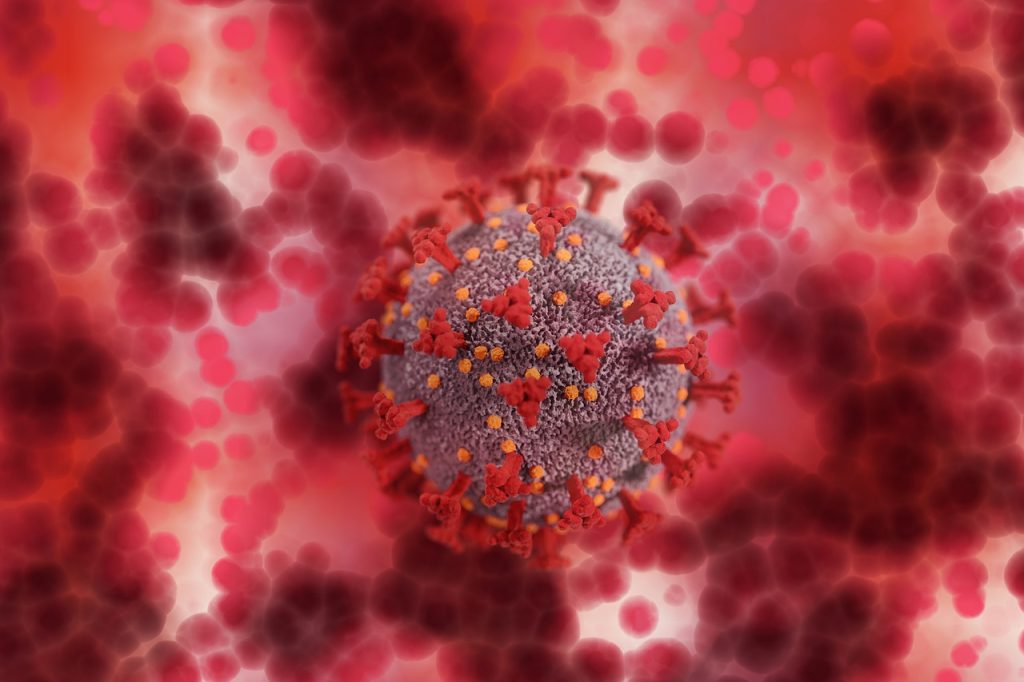
A panel of international experts representing the World Health Organization’s (WHO) Guideline Development Group has updated its guidance on treatments for patients with COVID.
The new recommendations published by The BMJ are part of a living guideline, developed by the WHO with the methodological support of MAGIC Evidence Ecosystem Foundation, to provide up to date, trustworthy guidance on the management of COVID and help doctors make better decisions with their patients.
The guidance incorporates the latest clinical trial evidence for existing and new COVID therapies and takes account of evidence relating to safety, prognosis, resources, access, and equity issues, as well as patient values and preferences.
The updates include:
- Distinct risk categories to help doctors more accurately assess whether an individual is at high, moderate, or low risk of hospital admission and tailor treatment accordingly.
- A new treatment benefit threshold of 1.5% (down from 6%) reduction in the risk of hospital admission. This reflects the lower baseline risk for most patients with non-severe COVID as well as more safety evidence and wider availability of therapies.
- A recommendation to use the antiviral drug nirmatrelvir-ritonavir in patients with non-severe COVID at high and moderate risk of hospital admission.
- A recommendation against use of the antiviral drugs remdesivir and molnupiravir for patients with non-severe COVID at moderate and low risk of hospital admission (treatment is suggested for patients at high risk of admission).
- A recommendation against use of a new antiviral (VV116) for patients with COVID except in clinical trials, regardless of illness severity.
- A strong recommendation against the use of ivermectin for patients with non-severe COVID(advice against use of ivermectin in patients with severe or critical COVID, except in clinical trials, still exists).
The experts say the new recommendations reflect changes in the virulence and transmissibility of circulating SARS-CoV-2 variants and sub-variants, along with changes in immunity related to global vaccinations, which have led to lower baseline risks of severe illness and death for most patients with non-severe COVID.
They acknowledge that there are still uncertainties around COVID therapeutics and emerging evidence and say these recommendations need to be used in light of these uncertainties.
An interactive decision support tool is available to accompany this guidance.
Source: The BMJ


I have treated about 3000 patients with Covid with a a 99.97 % success rate. During the deadly Delta strain I treated about 1100 patients with over 70% presenting with severe pneumonia, some with oxygen levels as low as 35% and I vhad only three deaths.
I used Ivermectin, HCQ, Steroids, colchicine, chlorphenarimine , vit D3 Vit Cv, Zinc, Budeneside, aspirin/clopididrgegrol,nebulisation with colloidal silver and dupplemental oxygen. I used high doses of Ivermectin in doses ranging from.6 mg to 1 mg/ kg and not of my patients had an adverse event or ended up with long Covid.
With my regime, we could have saved millions of lives without requiring hospitalisation .
The WHOs guidelines using paxlovid, which is highly toxic clearly demonstrates that they do not understand the pathophysiology of Covid.